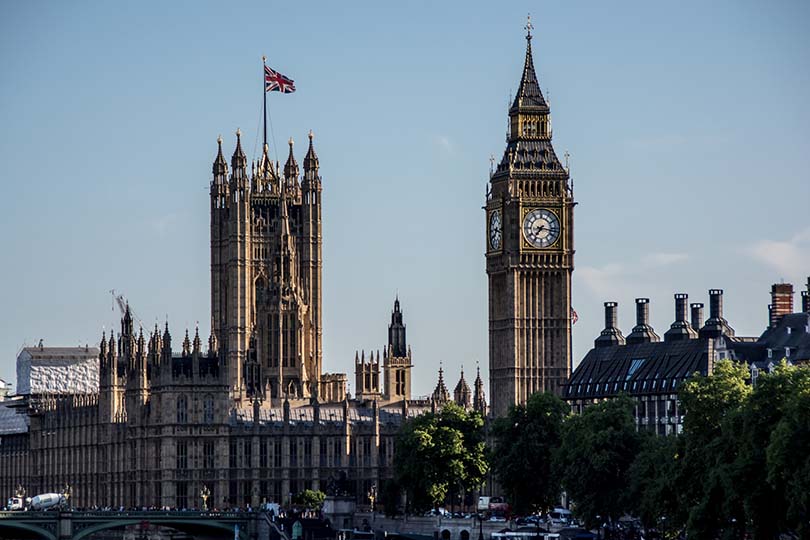What other support mechanisms are in place for the self-employed?
While the Self-Employment Income Support Scheme is a lifeboat to many, it’s not without its pitfalls. Fox Williams’ Joanna Chatterton and Angharad Birch explain what other measures are in place to support self-employed people during the Covid-19 crisis
The Covid-19 pandemic is a worrying time for everyone. However, with no employment protections, it leaves the self-employed particularly vulnerable.
This is no less true in the travel industry given the numbers of self-employed individuals operating within this sector.
On 26 March, the government finally introduced its supportive measures for the self-employed, which should benefit 95% of self-employed individuals in the UK.
The Self-Employment Income Support Scheme (SEISS) allows the self-employed who have lost trading profits due to Covid-19 to claim a taxable grant worth up to 80% of their average trading profits, provided these are lower than £50,000 over the last year, or over an average of the last three years (depending on length of trading history), and provided that more than half an individual’s income comes from self-employment.
There is a maximum cap of £2,500 per month (the same as for employees under the government’s Coronavirus Job Retention Scheme) and it is expected to be paid for up to three months in a lump sum in June. Individuals must have been self-employed prior to April 2019 to qualify, and if deemed eligible will be contacted directly by HMRC.
Many of the key limitations of the scheme have been highlighted by TTG.
Since then, more criticism has emerged. In particular, sole traders who were encouraged to set up as limited liability companies due to the tax benefits and ease of processing payments are specifically excluded from accessing the SEISS.
Most of these individuals pay themselves small salaries and top the rest up with dividends. Where their salary is paid via PAYE, they may receive 80% through the Job Retention Scheme (provided they stop working) but will get no protection for their dividends.
These individuals have been referred to as “the stranded middle”, and their plight is being escalated through government.
Support for "the stranded middle"
For the stranded middle and those who qualify for the SEISS but who cannot wait until June, support mechanisms include VAT and income tax deferrals, but only until 2021. The IR35 regulations for self-employed contractors in the private sector have also been deferred until next year.
Business Interruption Loans offering access to loans, overdrafts, invoice finance and asset finance of up to £5 million for up to six years are available. A Business Interruption Payment may also cover the first 12 months of interest and fees on the loan. All major banks offer the scheme and have now dropped requirements for personal guarantees for these loans, which was proving prohibitive. Cash grants of £10,000 may also be available to certain small businesses in receipt of small business or rural rate relief.
State benefits are available to individuals who are really feeling the strain. Universal Credit is available to self-employed workers whose income has now stopped or reduced. From 6 April, the minimum income threshold on Universal Credit will be temporarily relaxed and the standard allowance for single over-25s increases to £409.89 a month. Individuals may also qualify for assistance with housing and childcare costs under Universal Credit, and mortgage or rental holidays are separately available, as is the government’s Hardship Fund.
Self-employed workers who fall sick are not entitled to Statutory Sick Pay. However, since the SEISS is a grant, it will apply whether the individual is working or not and so should cover the time they are unable to work due to sickness between March and June. Universal Credit or Employment Support Allowance (available to those unable to work due to illness) may also assist.
It’s worth noting that while announcing this package of measures for the self-employed Rishi Sunak hinted at a planned increase to National Insurance contributions for the self-employed, to bring rates in line with employees.
This could bring about one of the most significant changes to the tax system we have seen for some time.














